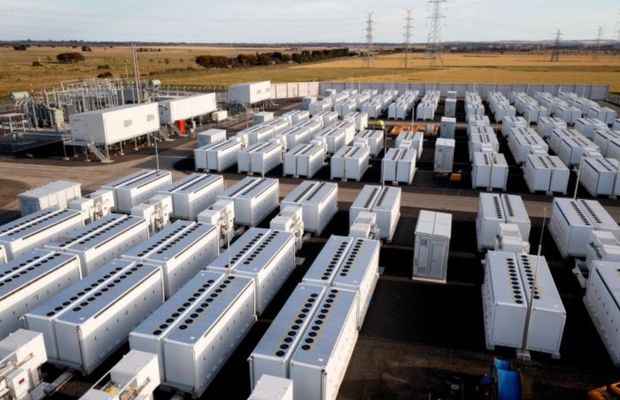The economic viability of battery energy storage systems (BESS) is a critical factor driving their adoption and integration into the global energy landscape. As we delve into this topic, it’s important to consider various dimensions that influence the economics of battery energy storage systems (BESS), including technological advancements, cost trends, market mechanisms, and policy support. Here’s an overview of the current state and future prospects of the economic viability of battery energy storage systems (BESS):

1. Declining Costs
One of the most significant factors contributing to the economic viability of battery energy storage systems (BESS) is the rapid decline in costs, particularly for lithium-ion batteries, which have seen their prices fall dramatically over the past decade. This trend is expected to continue as manufacturing scales up, supply chains become more efficient, and advances in battery chemistry and technology reduce the cost of materials and improve energy density and longevity.
2. Technological Advancements
Technological improvements in battery energy storage are enhancing their economic appeal. Advancements in battery management systems, improved energy density, and longer lifecycle capacities are increasing the efficiency and operational capabilities of battery energy storage systems (BESS). Innovations such as solid-state batteries and new materials promise to further improve performance and reduce costs.
3. Revenue Streams
The economic viability of battery energy storage systems (BESS) is bolstered by their ability to tap into multiple revenue streams. Beyond energy arbitrage (buying low and selling high), battery energy storage systems (BESS) can generate revenue through services like frequency regulation, demand response, peak shaving, and deferred grid infrastructure upgrades. The ability to stack these services—simultaneously or sequentially—enhances the value proposition of battery energy storage systems (BESS) investments.
4. Policy and Regulatory Support
Government policies and regulations play a crucial role in the economic viability of battery energy storage systems (BESS). Incentives such as tax credits, subsidies, and grants can significantly improve the economics of energy storage projects. Furthermore, regulatory frameworks that recognize and compensate the full range of services provided by battery energy storage systems (BESS) to the grid can open up new revenue opportunities and make investments more attractive.
5. Market Demand and Grid Integration
The growing demand for renewable energy integration and the need for grid stabilization services are creating a favorable market for battery energy storage systems (BESS). As renewable energy penetration increases, the value of storage for balancing supply and demand rises. Additionally, the push towards electrification in various sectors, including transportation and heating, is expected to increase the demand for flexible and reliable energy storage solutions.
6. Energy Security and Independence
Battery energy storage systems (BESS) contributes to energy security and independence by reducing reliance on imported fuels and enabling more effective utilization of domestic renewable resources. This strategic value can justify investments in battery energy storage systems (BESS) from a national security perspective, potentially leading to supportive policies and funding.
7. Societal and Environmental Benefits
While not always directly translated into immediate financial returns, the societal and environmental benefits of battery energy storage systems (BESS)—such as reduced greenhouse gas emissions, improved air quality, and enhanced resilience to power outages—can influence policy decisions and consumer preferences, indirectly affecting the economic viability of battery energy storage systems (BESS) projects.
Conclusion
The economic viability of Battery Energy Storage Systems is increasingly favorable, driven by declining costs, technological advancements, diverse revenue streams, and supportive policies. As these trends continue, battery energy storage systems (BESS) is set to play a pivotal role in the transition to a more sustainable, efficient, and resilient energy system. However, to fully realize their economic potential, ongoing innovation, strategic market and policy interventions, and the development of business models that capture the full value of energy storage will be essential.
